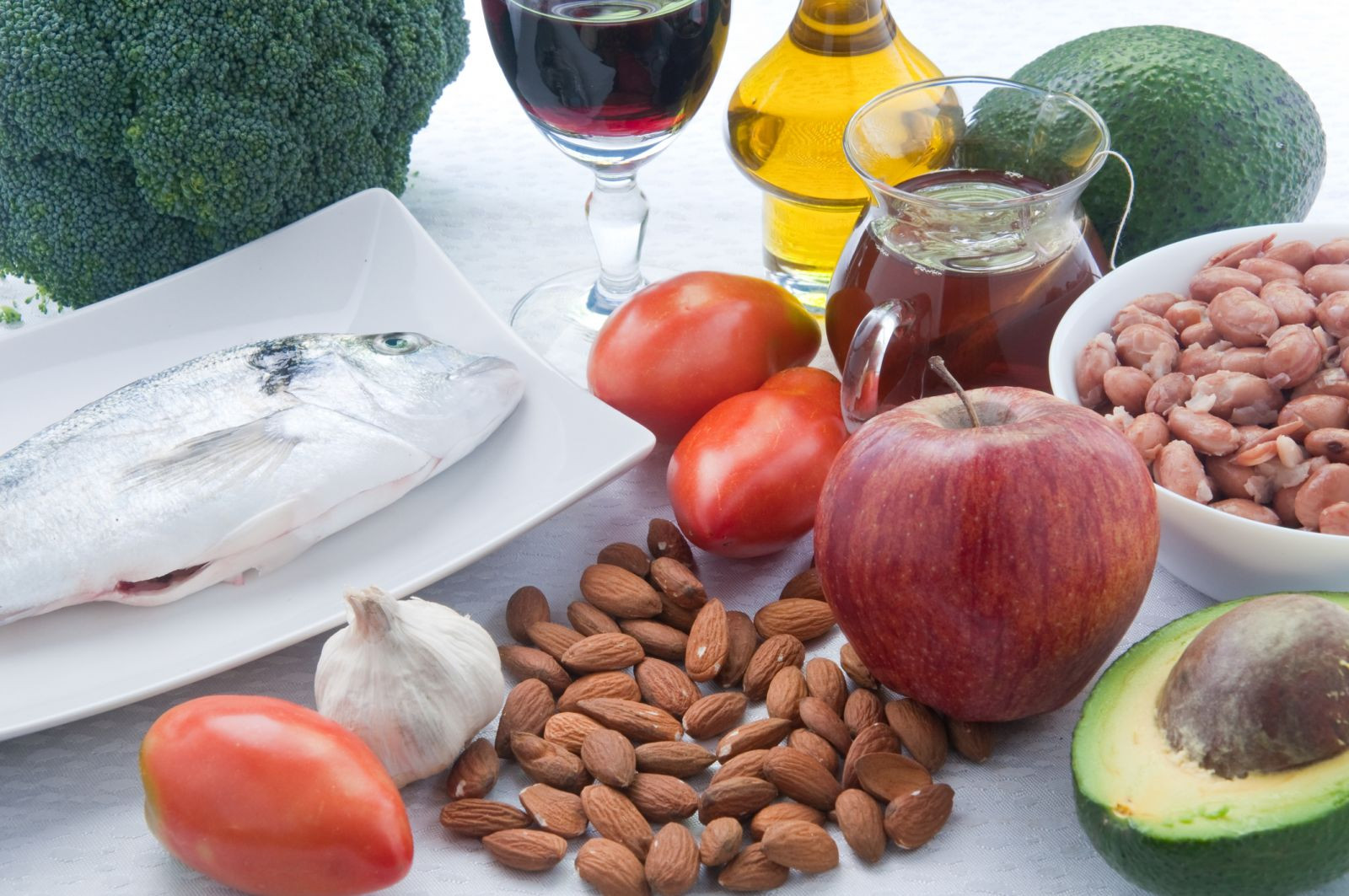High cholesterol is one of the main factors in heart disease. If you have been diagnosed with it, you are not alone. The American Heart Association says that in America, an estimated 102.2 million adults have total blood cholesterol values of 200 mg/dL or higher. And out of these 102.2 million people, 35.7 million have levels of 240 mg/dL or higher. Those with levels of 240 or higher are twice as likely to have a heart attack as those with levels 200 or below.
Types Of Cholesterol
1. ldl cholesterol
2. hdl cholesterol
Lose Weight
It is frightening to hear statistics such as these. There are, however, some changes you can make to lower your cholesterol levels. And if your cholesterol is not yet high, you can make these same changes in your life, to improve your chances of maintaining healthy levels. If you are overweight, losing a few pounds can lower your cholesterol level significantly. Talk to your doctor and start on a weight loss plan. Learn how to eat quickly healthier. Rather than eating out, cook healthy meals at home. Exercise is very important. Your goal should be to get 30 minutes of exercise five days per week. If you are just beginning an exercise program, and 30 minutes per day seems impossible, just start moving. Some exercise is better than none at all. Instead of one thirty-minute workout, try three ten-minute workouts.
Eat Healthy Fats
When we are speaking of food, fat has become a dirty word. Some fats, however, are healthier than others diet. In short, decrease your saturated fat and hydrogenated or trans fat intake. Unsaturated fats should be consumed up to a certain percentage of your daily caloric requirements.
Increase Your Fiber Intake
Fiber, which is found fruits, vegetables, and whole grains, is very important to good health. There are two types of fiber: soluble and insoluble. Soluble fiber helps the most in lowering cholesterol. It binds with fatty acids and helps remove them from the body. Studies have shown that increasing your soluble fiber intake to 15 grams per day can lower LDL Cholesterol (the bad type) by 5 to 10 percent. Good sources for soluble fiber are barley, oats, psyllium seed, citrus fruits, prunes, apples, bananas, berries, Brussels sprouts, black beans, kidney beans, northern beans, pinto beans, broccoli and carrots. Insoluble fiber comes in green beans and dark green leafy vegetables, fruit skins, whole wheat, corn bran, seeds and nuts. Although it does not appear to have the same cholesterol lowering effects as soluble fiber, it has many health benefits of its own.
Take Your Vitamins
Heart healthy vitamins include folic acid, B6, and B12. Although you can get these vitamins in the foods you eat, a good multivitamin can assure you that you are getting a good amount to protect your health.
Lower Your Stress Levels
When your stress levels increase, chemicals that cause your arteries to constrict, are released into the body. This decreases blood flow to the heart, and raises blood pressure and heart rate. Many times, because of our busy schedules, it is impossible to avoid stress. But, when you feel the stress rising, find a way to lower it. If possible, walk away from the stressful situation. Stretch or take a walk. Remember, your heart is depending on you to protect it.

